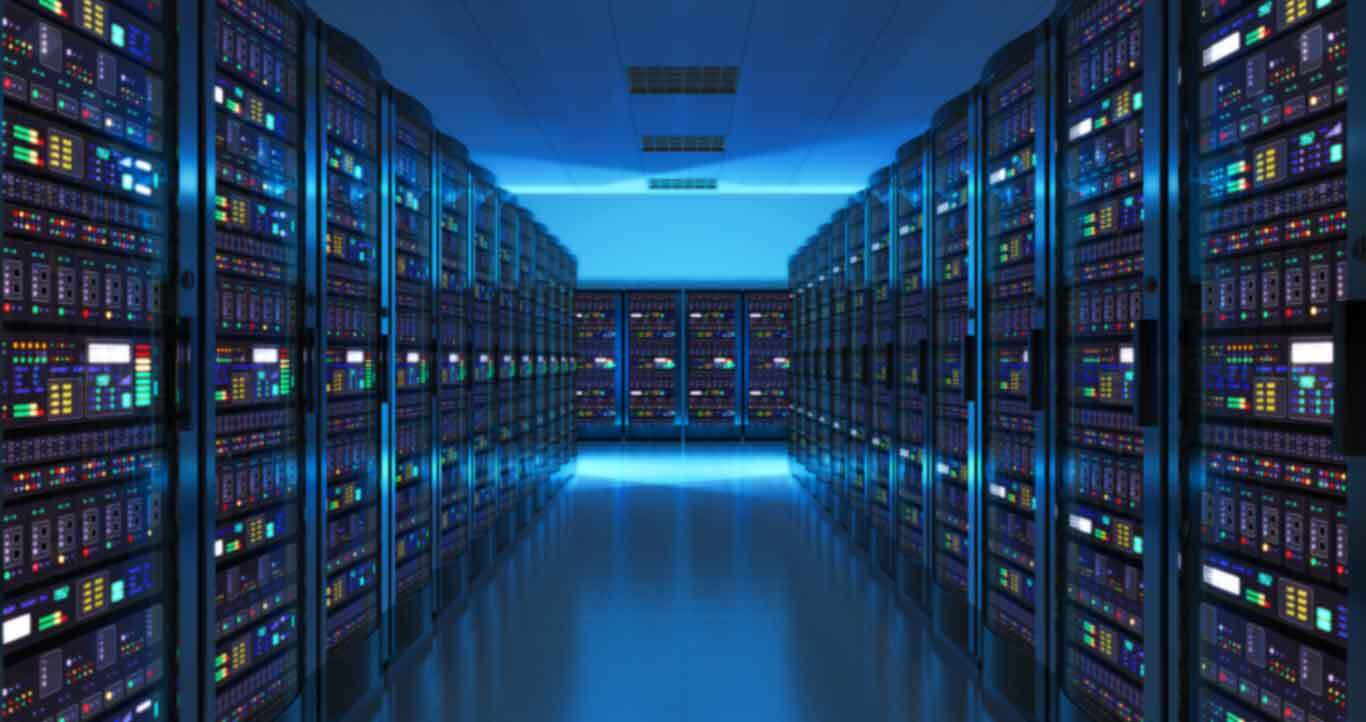Computers are capable of shaping the chips of their successors themselves. For decades, people have been drawing the map of the chips, but now even here the computer takes over.
Researchers write this in a new study published 9th June in the scientific journal Nature. The floor plan (or 'layout') of all billions parts that make up such a chip is crucial: the smaller, the better and more efficient. It's a matter of square millimeters. While it takes people at Google and the University of California months to complete this layout process, artificial intelligence (AI) only takes a few hours.
Computers designing an improved version of themselves; it sounds like the scenario of a blockbuster science fiction movie, but it is very real. Google is already using this new method when designing its so-called TPU chips that will be used in its next generation of AI computers.
The development appeals to the primal fear of the apologists of the AI revolution. Mathematician Irving John Good, who worked with Alan Turing to crack German codes during World War II, hinted at this as early as 1965, when he said that the first ultra-intelligent machine will also be man's last invention. After all, a machine that is smarter than humans in all areas can make better machines. The result, Good says, is an "intelligence explosion" that is rapidly surpassing human intelligence.
But we're not there yet. The self-learning system, fed by the designs of some ten thousand previous chip maps, is capable of only one task: creating maps for specific chips. But it does that extremely well. And fast. As a result, according to co-author Andrew Kahng, Moore's law will at least last for a while longer. This law states that the number of components per chip doubles every two years.
The advantages of this new step are great. The layout process of chips takes much less time. And so it becomes easy to design a specific chip for each task (a heart rate monitor, for example). At the moment software controls the various tasks of a generic chip and that is inefficient. It's estimated that the new generation of specific chips can soon be a factor of a hundred more economical than their programmable counterparts.
It might be a matter of time before your phone says: 'I'm sorry Dave, I'm afraid I can't do that'.











